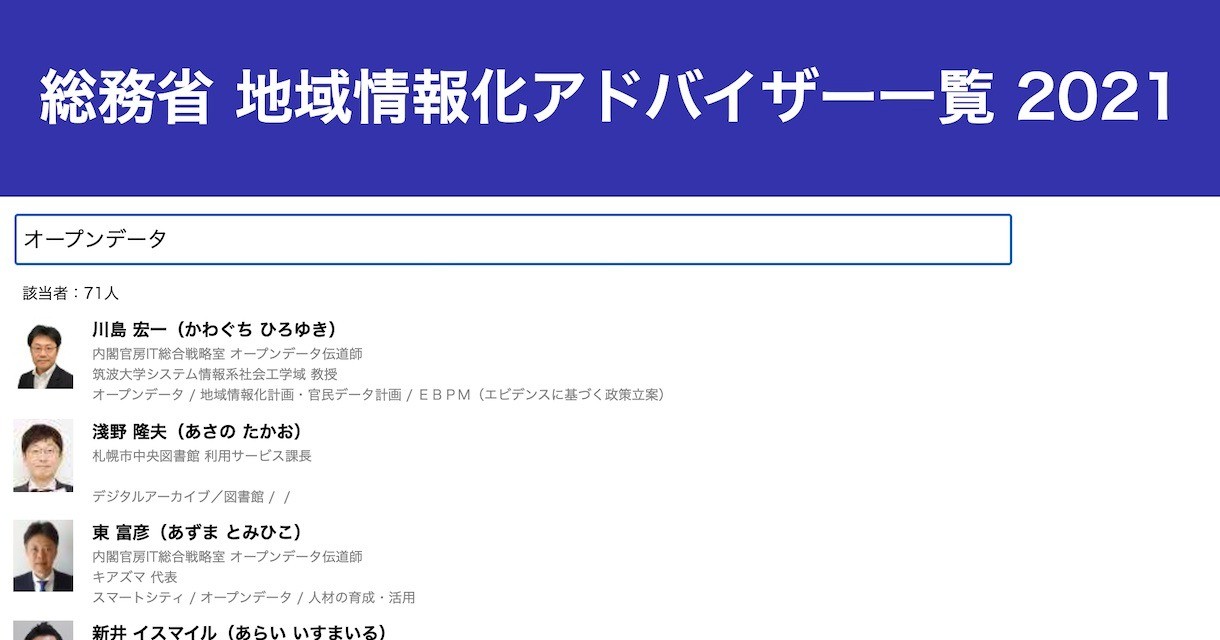Mastering Stakeholder Engagement Through Workshops
페이지 정보
작성자 Alycia 작성일25-10-18 05:36 조회2회 댓글0건본문
Facilitating high-value stakeholder engagements requires careful planning, clear communication, and a focus on collaboration. Begin by mapping out every key stakeholder at the outset. This includes internal teams, external partners, customers, and any other individuals or groups who have an interest in the outcome. Assessing their expectations, challenges, and decision-making power helps customize the format and content to their priorities.
Set a specific and measurable purpose for the session. Whether it is to gather requirements, solve a problem, or align on a strategy, the purpose must be specific and communicated in advance. Distribute the structure and goals in advance to enable thoughtful preparation.
Select optimal attendees. Too many people can make discussions difficult to manage, while too few may miss key perspectives. Aim for a small, dynamic group of 10–15 individuals, and ensure a mix of roles and viewpoints. Elect a leader, recorder, and pace controller to maintain structure and momentum.
Structure interactive exercises to drive engagement. Use techniques like open ideation, weighted scoring, and affinity grouping to foster inclusion and reveal multiple perspectives. Avoid long presentations. Instead, prioritize hands-on methods that encourage joint problem solving. Provide visual tools like whiteboards, sticky notes, or digital collaboration platforms to help participants see patterns and connections clearly.
Establish clear norms upfront to foster psychological safety. Encourage active listening, equal participation, and constructive feedback. Make it clear that every perspective matters and the aim is collective progress, not individual victory.

Record decisions, insights, and 派遣 スポット actions as they emerge. Note outcomes, commitments, responsibilities, and next steps. Use clear, simple language so everyone can understand what was agreed upon. Share a summary with participants shortly after the workshop to reinforce alignment and accountability.
Sustain engagement post-workshop. Set accountable actions with due dates and monitor advancement through scheduled touchpoints. Engaged parties must witness their feedback being implemented. This builds trust and encourages future engagement.
Conduct a post-session evaluation. Ask participants for feedback on what worked and what could be improved. Use those insights to refine your approach for future sessions. Workshops that truly move the needle are embedded in a culture of recurring collaboration and adaptive practice.
댓글목록
등록된 댓글이 없습니다.














